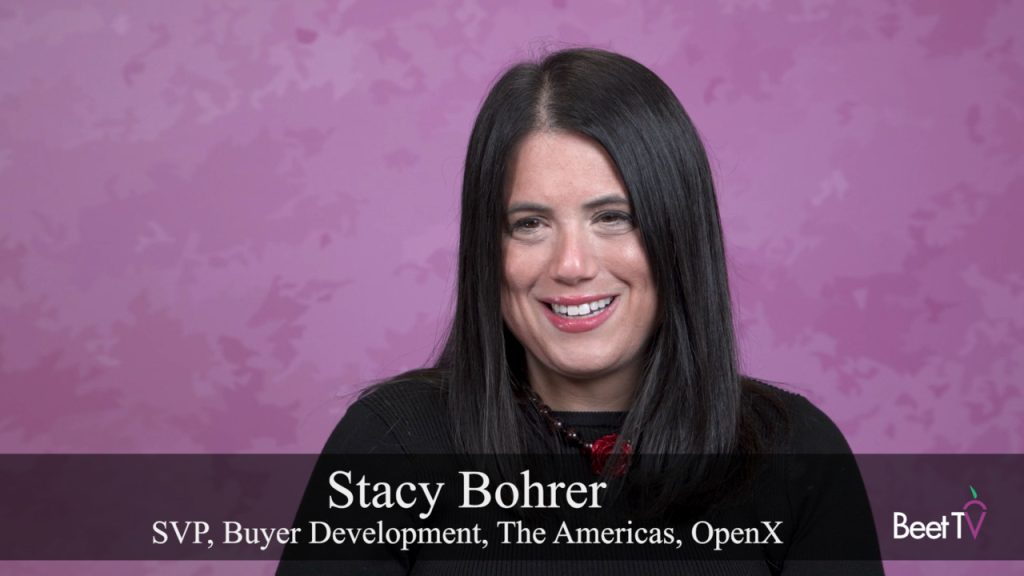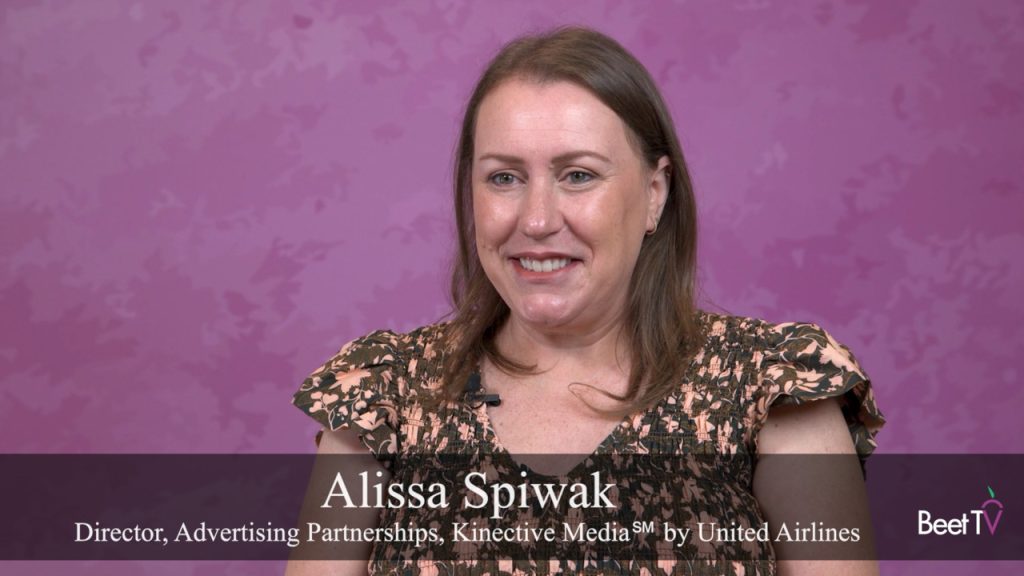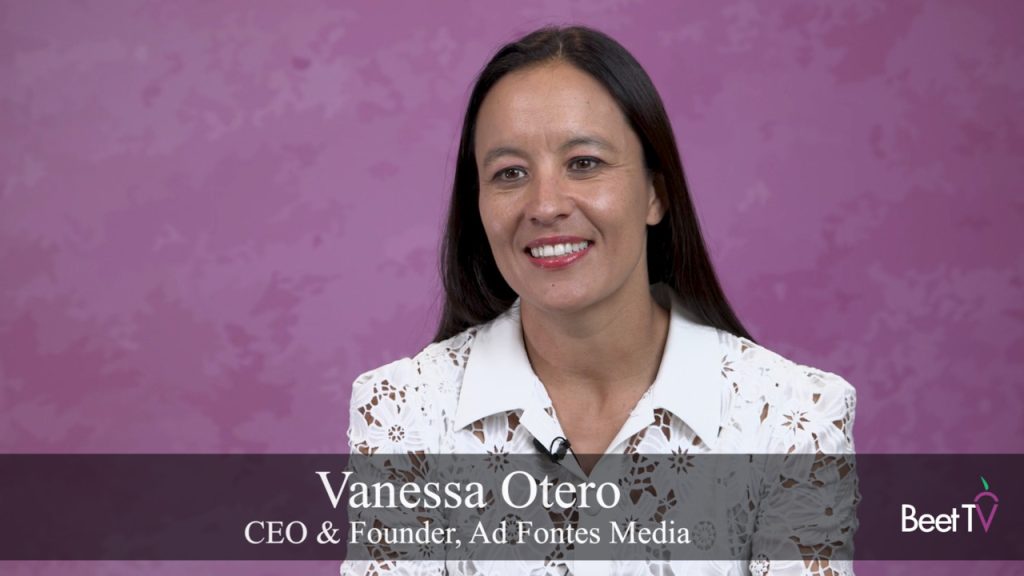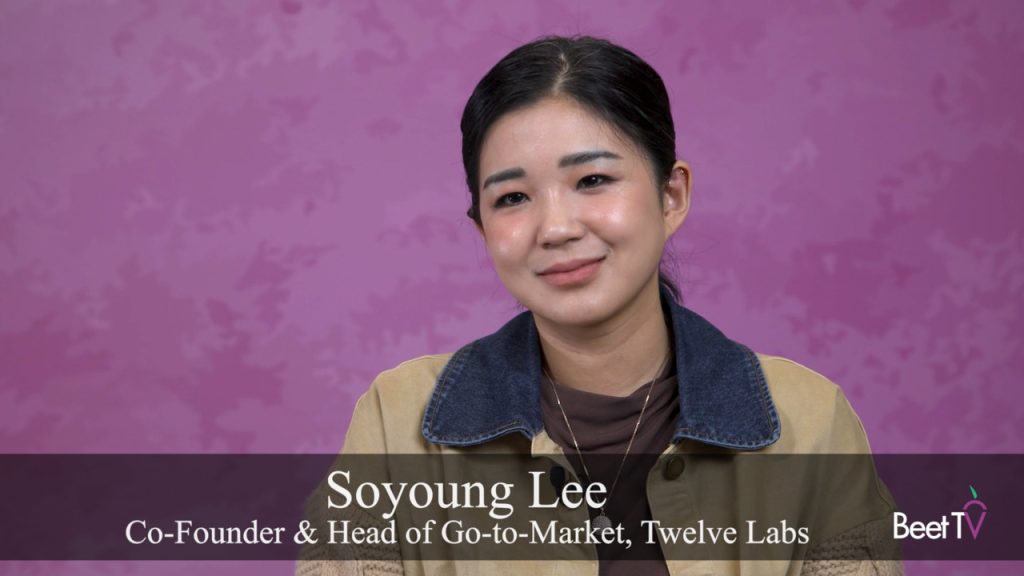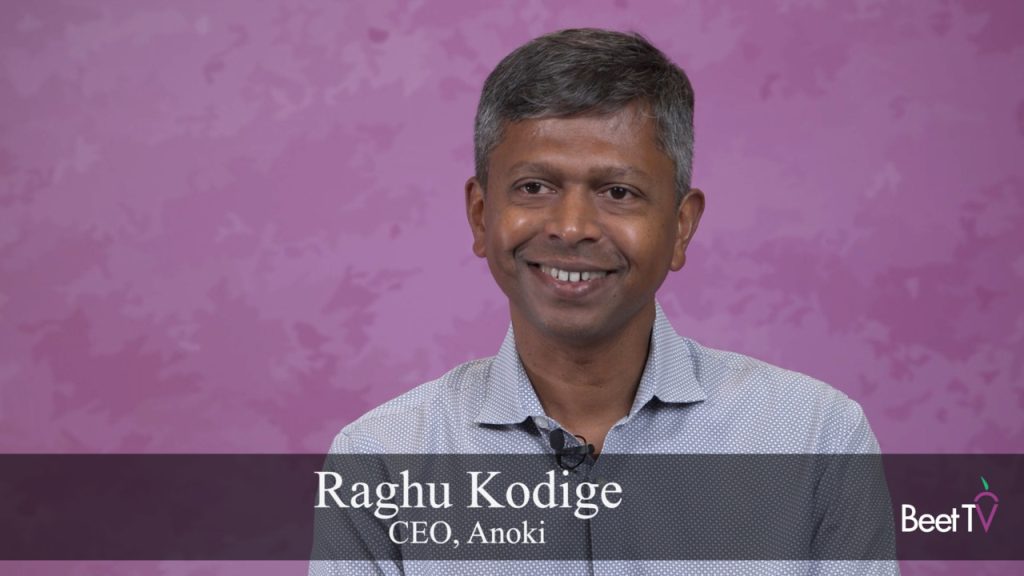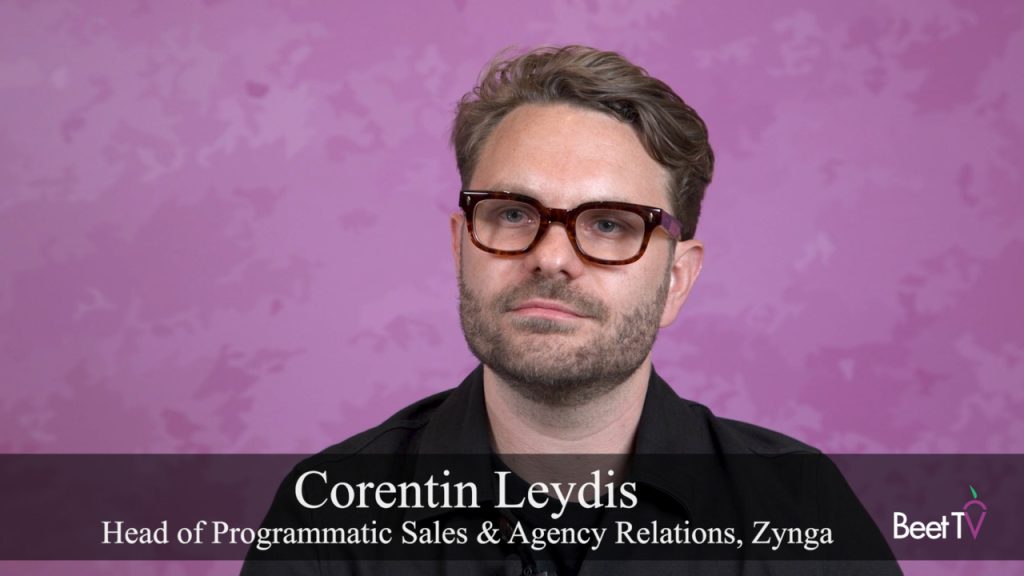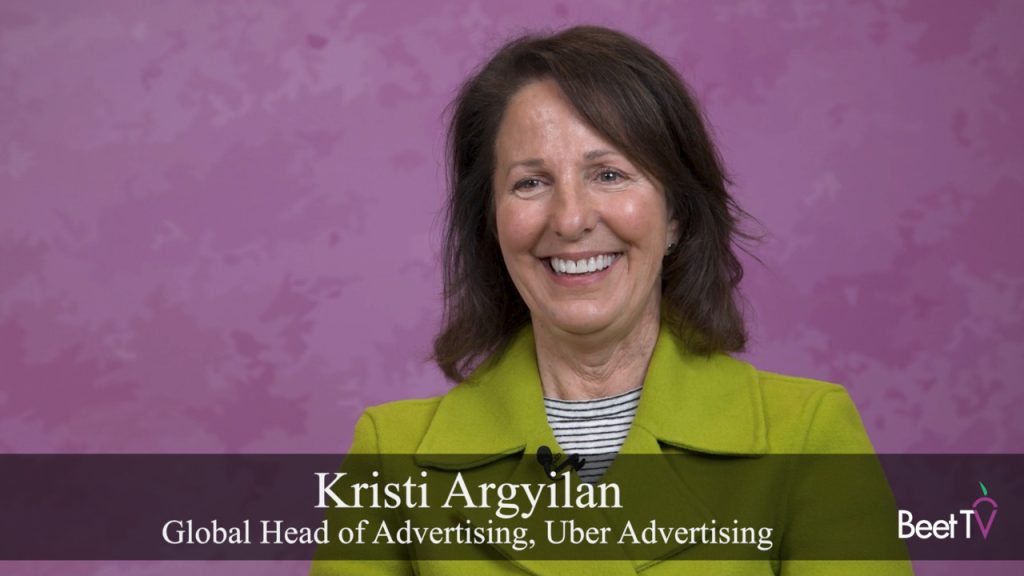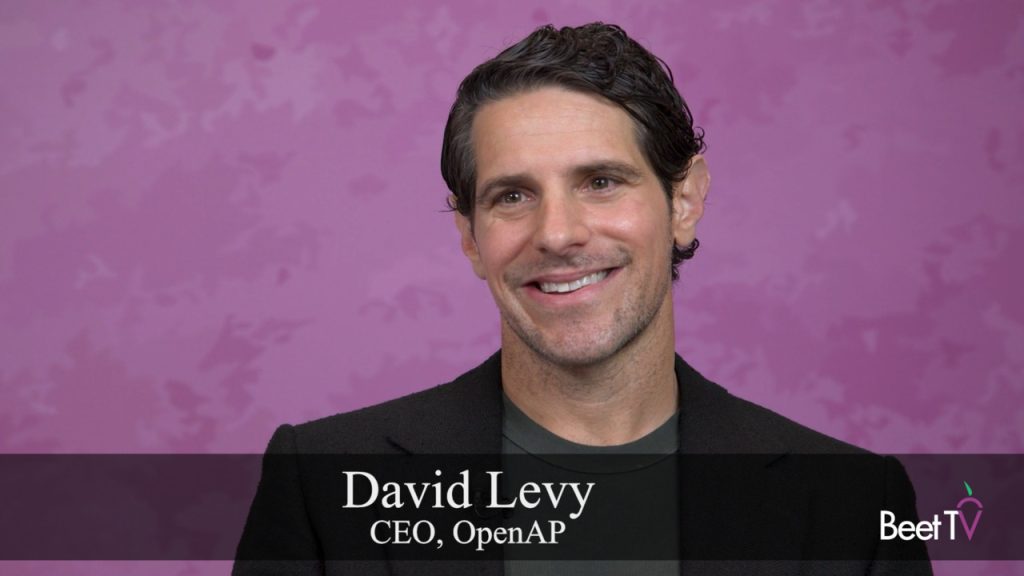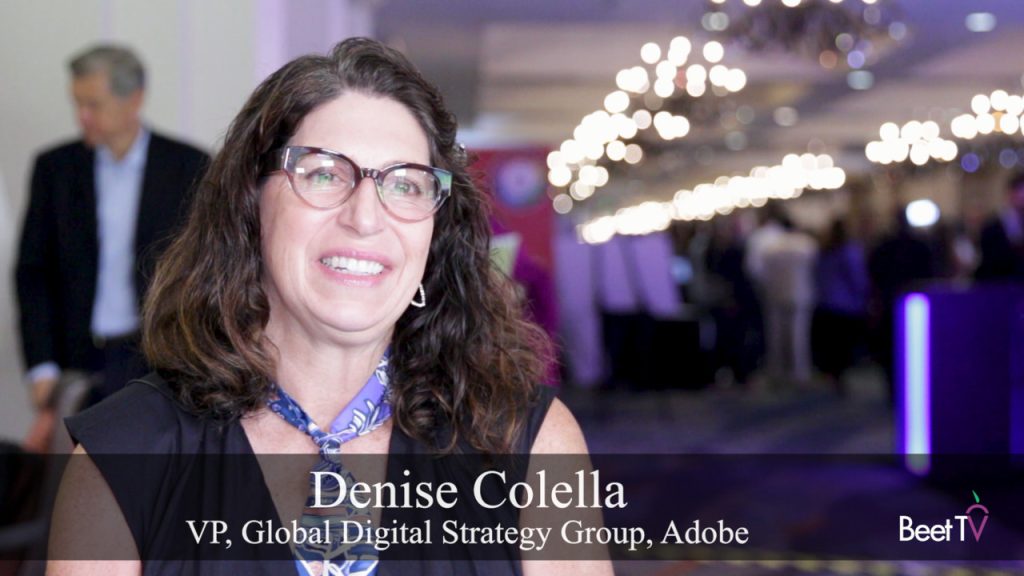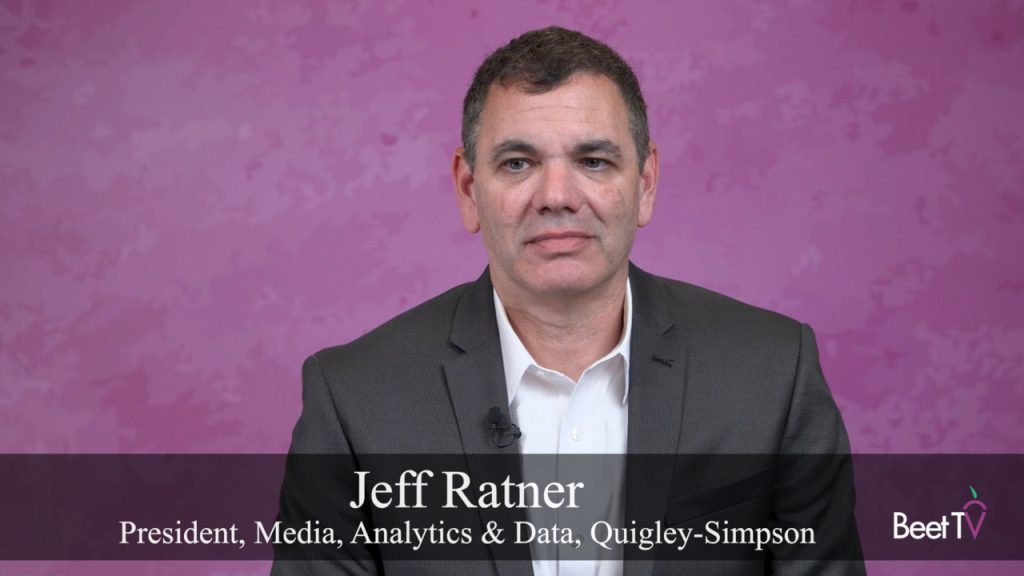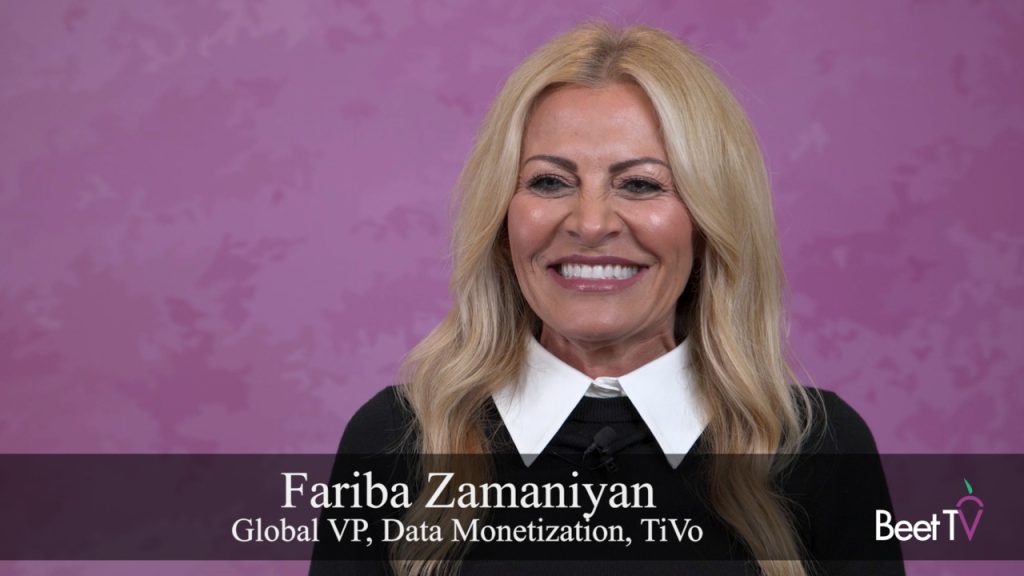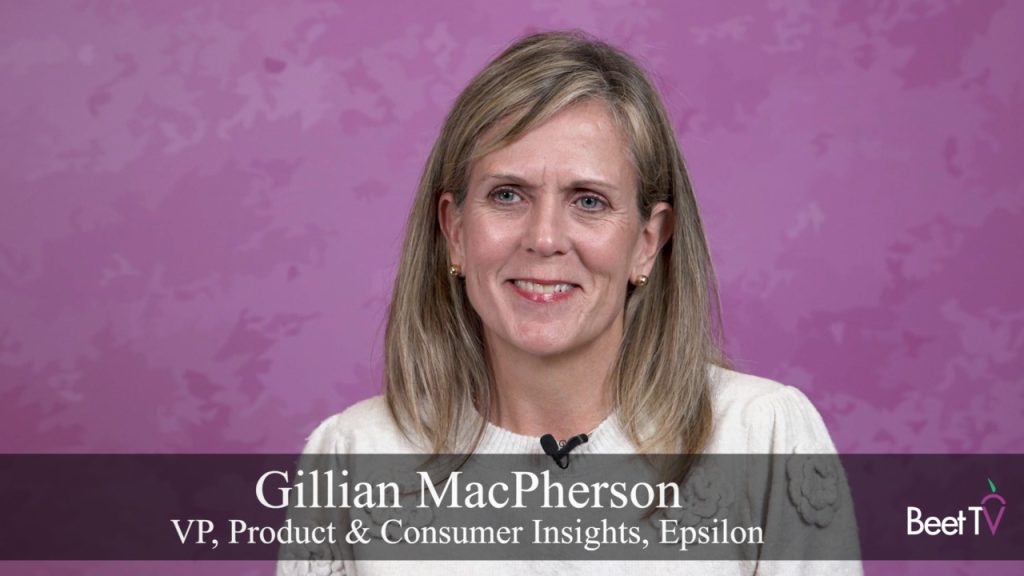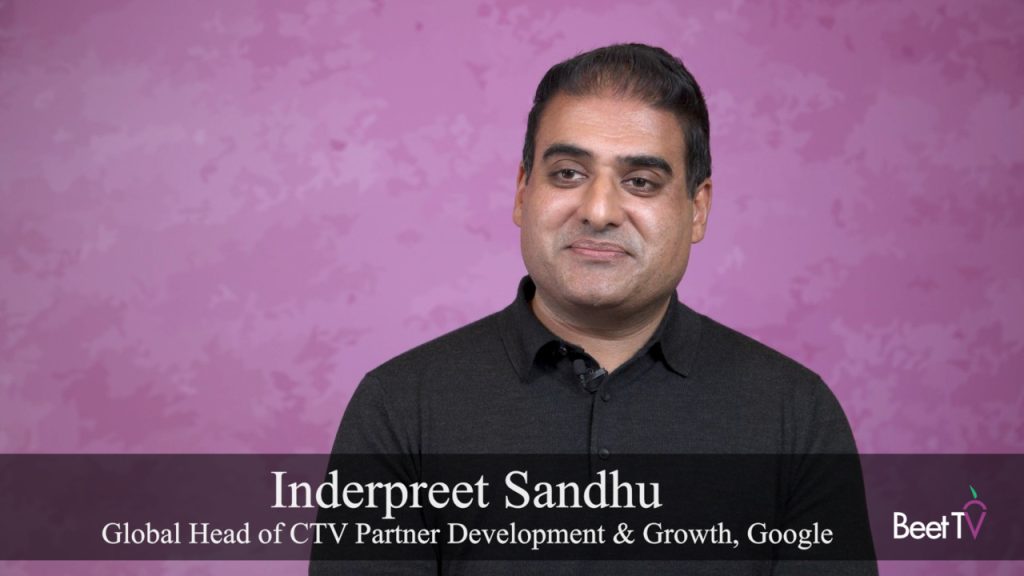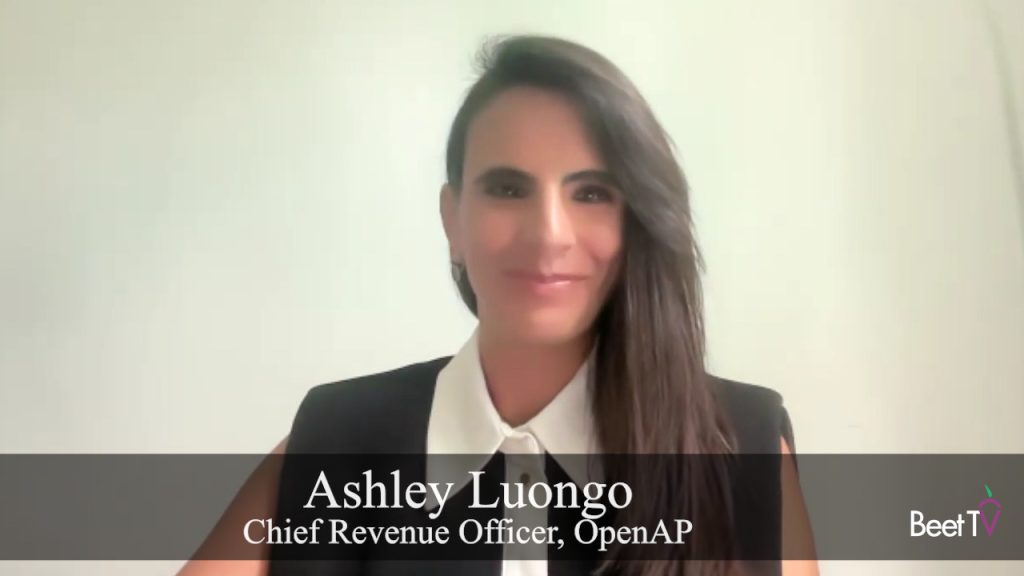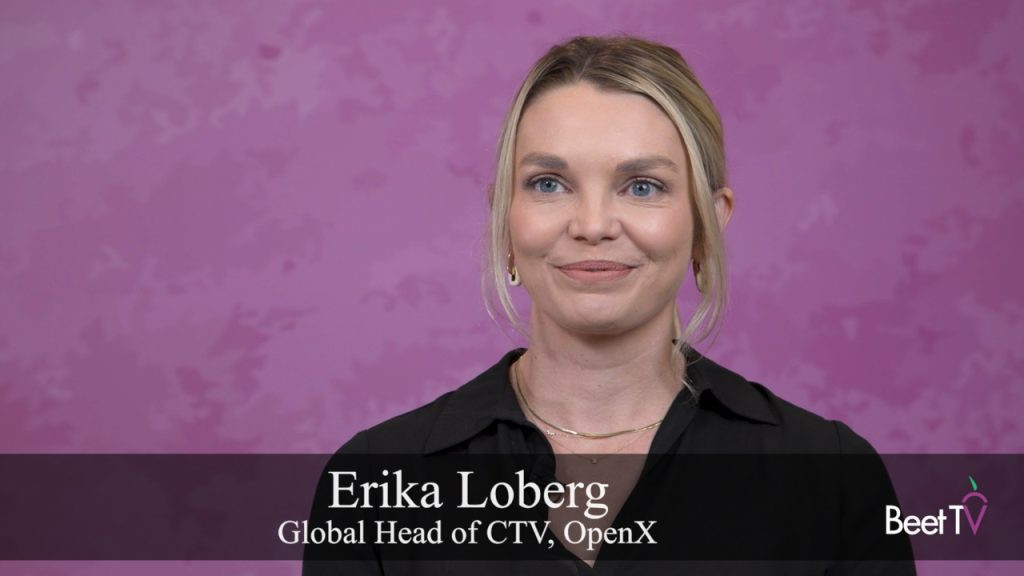Generative AI may be the talk of the tech world, but consumer adoption is still in its early stages. According to a new study from Publicis Media and Microsoft Advertising, just 13% of consumers who have used generative AI are using it extensively.
“But that other 87% was split pretty evenly between people who’ve just used it once or twice and people who’ve used it occasionally,” said Ted A’Zary, SVP of Insights & Strategy at PMX Marketplace Intelligence & APEX, Publicis Media, in this video interview with Beet.TV.
The study also found that less than half of consumers who have used generative AI tools have been using them for more than six months. “To have a gap where someone who is an early adopter started using a product in January and somebody who’s a new user started using it in June … That’s how rapid of adoption we’re seeing of this among consumers,” A’Zary said.
Trust in AI Results Grows with Usage
As consumers use generative AI more, their trust in the results increases significantly.
Among newer or moderate users, only around 10% said they had high trust in the results they were seeing. But that figure triples to 30% for those with moderate usage.
“Then as consumers become heavy users, as they really start to adopt it and incorporate it into the things that they’re doing, that trust doubles again,” A’Zary said. “It goes up to 70, 75% trust in the platforms and the results that they’re seeing.”
Publicis Media is a finalist for the Generative AI Innovation Award at the Microsoft Advertising Partner Awards. We’re thrilled to have our research with @MSFTAdvertising on conversational search recognized.#WinningRoar #GenAI #ConversationalSearch #Innovation pic.twitter.com/4qyZh6Hko2
— Publicis Media (@PublicisMedia) October 3, 2024
Consumers Expanding AI Use Cases
Consumers are finding a growing variety of use cases for generative AI tools, from looking up recipes and travel recommendations to content creation.
On average, newer users were deploying AI for about three different use cases, while more advanced users were using it for almost four. “We see a big increase in the number of things that people are using it for as they start to experiment more,” A’Zary said.
The rise of conversational AI search could reduce friction in the consumer purchase journey by allowing people to get the information they need without visiting multiple sites.
However, A’Zary noted that brands currently lack visibility into this process compared with social platforms. “Right now, we don’t have great visibility into that,” he said. “I think that’s going to be one of the things that as an industry we really need to start thinking about is how do we measure that attribution?”
You’re watching “Personalization in the Age of AI, a Beet.TV Leadership Series presented by Microsoft Advertising” For more videos from this series, please visit this page.











